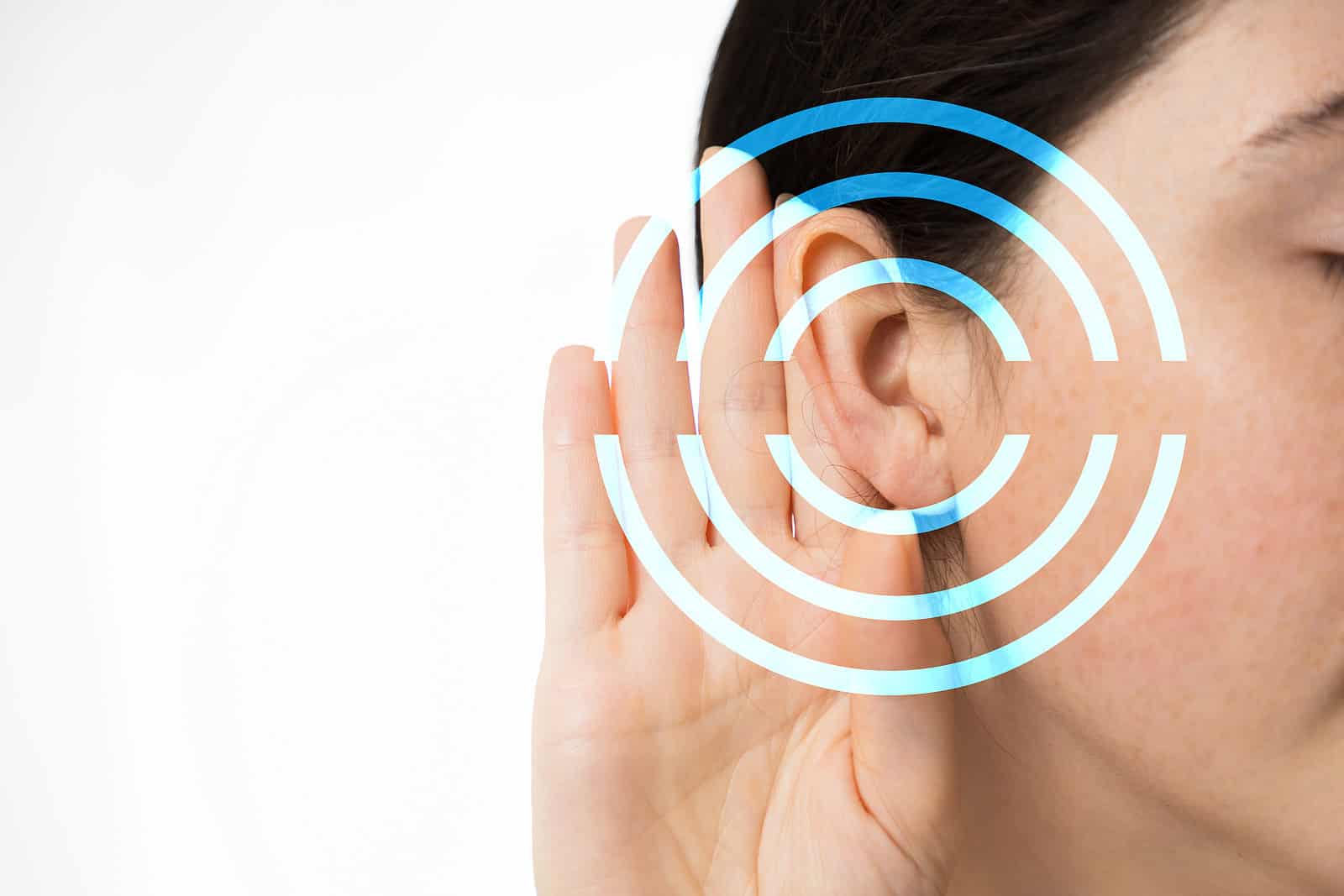Tinnitus is characterized by hearing noises or ringing in the ears when no external sound is present. It can affect one or both ears, creating a persistent or intermittent sound varying in loudness and type. Tinnitus is not a disease itself but a symptom of an underlying condition. Though often misunderstood, it’s a fairly common issue, affecting millions of people globally.
Types of Tinnitus
There are two main types of tinnitus: subjective and objective. Subjective tinnitus is the most common form, in which only the affected individual hears the noise. In contrast, objective tinnitus is a rare condition in which the noise can be heard by others, often through a hearing health professional using a stethoscope.
Most individuals with tinnitus experience subjective tinnitus. This form can result from issues with the ear (outer, middle, or inner), auditory nerves, or the brain. Various factors, such as ear infections, exposure to loud noises, or earwax buildup, can contribute to subjective tinnitus.
Objective tinnitus is less common and occurs for physical reasons. It often relates to blood vessels, muscle spasms, or other structural issues within the ear. Hearing health professionals can detect objective tinnitus, often leading to more targeted treatment approaches.
Causes of Tinnitus
Understanding the different causes of tinnitus helps create effective treatment plans. Various factors can contribute to tinnitus, including:
Age-related hearing loss, known as presbycusis, can cause tinnitus. As people age, their hearing sensitivity diminishes, potentially leading to tinnitus. Repeated exposure to loud noises can damage the inner ear’s delicate hair cells, resulting in tinnitus. This includes exposure at work, recreational activities, or even using headphones at high volumes.
Conditions like ear infections, Meniere’s disease, or otosclerosis can affect the ear’s functions, leading to tinnitus. An earwax buildup can also irritate the eardrum or cause infections, resulting in tinnitus. Keeping one’s ears clean can help prevent such issues.
Certain medications, such as antibiotics, diuretics, or high doses of aspirin, can cause or worsen tinnitus. It’s important to consult with hearing health professionals regarding medication side effects.
Symptoms and Impact
Tinnitus can manifest in sounds like ringing, buzzing, humming, hissing, or whistling. The noise’s loudness can vary throughout the day and affect one’s concentration, sleep, and overall quality of life. While tinnitus isn’t life-threatening, its impact on daily activities and mental health can be significant.
Preventing Tinnitus
Preventive measures can reduce the risk of developing tinnitus or worsen existing symptoms. These include:
Using earplugs or earmuffs in noisy environments can protect the ears from damage.
Consult with a hearing health professional about medications that might affect one’s hearing and explore alternatives if needed.
Routine hearing examinations can also help detect early signs of hearing loss or ear-related issues, enabling timely intervention.
Coping with Tinnitus
Living with tinnitus requires adapting to the condition. Developing coping strategies can enhance the quality of life and reduce the distress caused by tinnitus.
Practices like mindfulness, yoga, or deep-breathing exercises can help manage stress and reduce the intensity of tinnitus.
Tinnitus may be challenging, but with the right approach, symptoms can become manageable. Understanding the causes, seeking appropriate treatment, and adopting lifestyle changes can significantly improve your quality of life.

